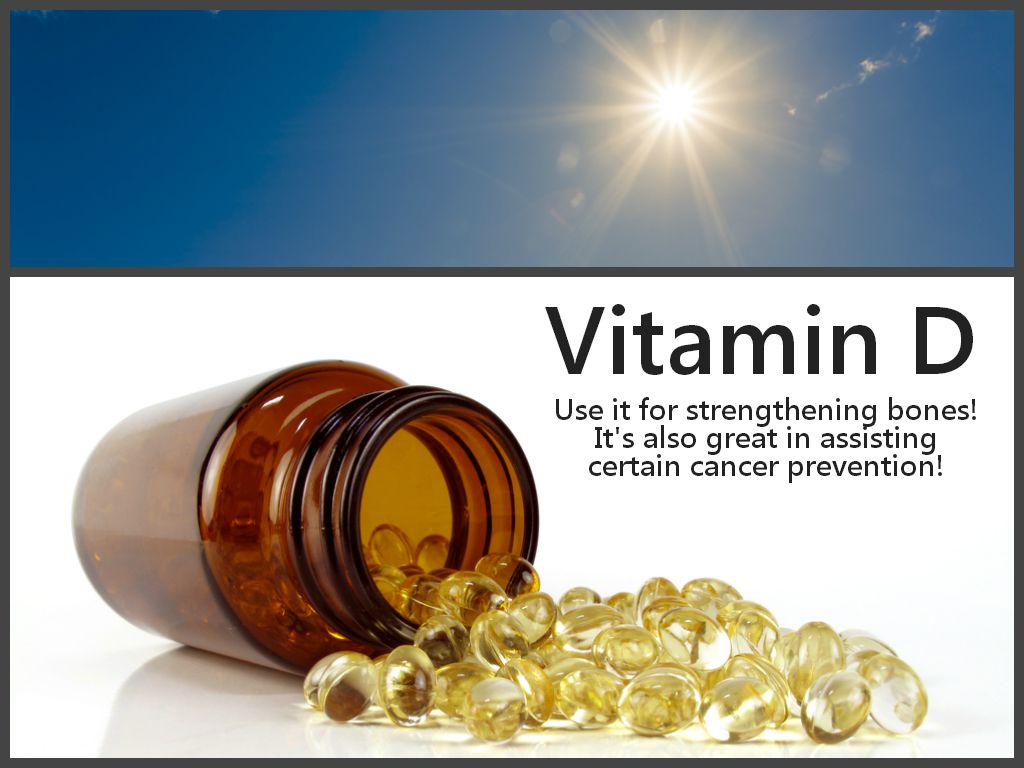How Does Your Body React to The Sun?

This past weekend, weather officials recorded the first triple-digit temperatures of 2014 around our walk-in clinic, and more high temperatures are on their way. Sunlight and its effects on the human body have been recorded for decades, and numerous physicians and nutritionists have talked about the benefits as well as the damages associated with sun exposure.
Phoenix and its surrounding cities are among some of the many locations that consistently receive an abundance of sunshine instead of overcast and/or stormy conditions. While we could provide you with a clichéd topic of why too much sun exposure will drastically affect your health and offering you some hydration benefits to combat the unpleasant Phoenix heat, we are instead going to focus on the vitamin associated with your body’s reaction to the sun and its benefits.
One of the key focuses of how the human body reacts to sun exposure is the chemical effect of vitamin D. According to a Harvard University health department study, vitamin D is unique because it is technically considered a non-vitamin[1]. The study defines vitamins as “organic (carbon-containing) chemicals that must be obtained from dietary sources… not produced by the body’s tissues.”[2] However, the production of vitamin D is instead the result of a chemical reaction with the sun’s light energy and a nutrient within your body’s skin.
According to Laurel Tuohy[3], vitamin D offers numerous benefits ranging from being a fat-soluble nutrient, assisting calcium in strengthening bones, osteoporosis prevention, deterring heart disease, and offering protection against breast, colon and prostate cancer. This Harvard study focuses on how vitamin D plays a vital role in the intestinal absorption of the bone’s most needed nutrient, calcium. The study revealed that the ideal vitamin D absorption rate is between 30 to 40 percent, and that, without this nutrient, the body can only retrieve about a third of that amount[4].
If you are prone to skin damage due to sun exposure, this is attributed to UVB rays. Experts have reported how excessive exposure to UVB rays have also been linked to causing certain skin cancers. Harvard’s vitamin D study touched on this topic by suggesting how UVA rays assist UVB rays in causing skin damage and other symptoms of premature aging.
Another avenue of awareness is the potential for vitamin deficiencies. Vitamin deficiencies can cause many health conditions depending on the lack of nutrients. With a vitamin D deficiency, some people experience symptoms such as osteoporosis, unexplained depression or weight gain, heavy sweating, and gastrointestinal issues[5]. Seek a certified professional if you believe you have a condition caused by a vitamin D deficiency, since a lack of nutrients can lead to other diseases.
Phoenix Family Medical Clinic has three valley locations within the Phoenix metropolitan area. Our physicians come from a wide variety of backgrounds to enable our clinics to be a full-service family clinic. With most major and public insurance plans as well as a non-insured discount program available, we know we can meet your needs from newborn to geriatric age. Walk in or book your appointment online today!
[1]Harvard University. “Vitamin D and Your Health: Breaking Old Rules, Raising New Hopes.” February 2007. Harvard Health Publications. Retrieved May 6 from http://www.health.harvard.edu/newsweek/vitamin-d-and-your-health.htm.
[2]Ibid.
[3]Klein, Sarah. “7 Signs You May Have a Vitamin D Deficiency.” 29 April, 2014. The Huffington Post. Retrieved May 6, 2014 from http://www.huffingtonpost.com/2014/04/29/vitamin-d-deficiency-signs-symptoms_n_5200408.html.
[4]Ibid.
[5]Tuohy, Laurel. “Does the Sun Give off Vitamins?” 13 September, 2014. Lifestrong.com Retrieved May 6, 2014 from http://www.livestrong.com/article/243910-does-the-sun-give-off-vitamins/.







